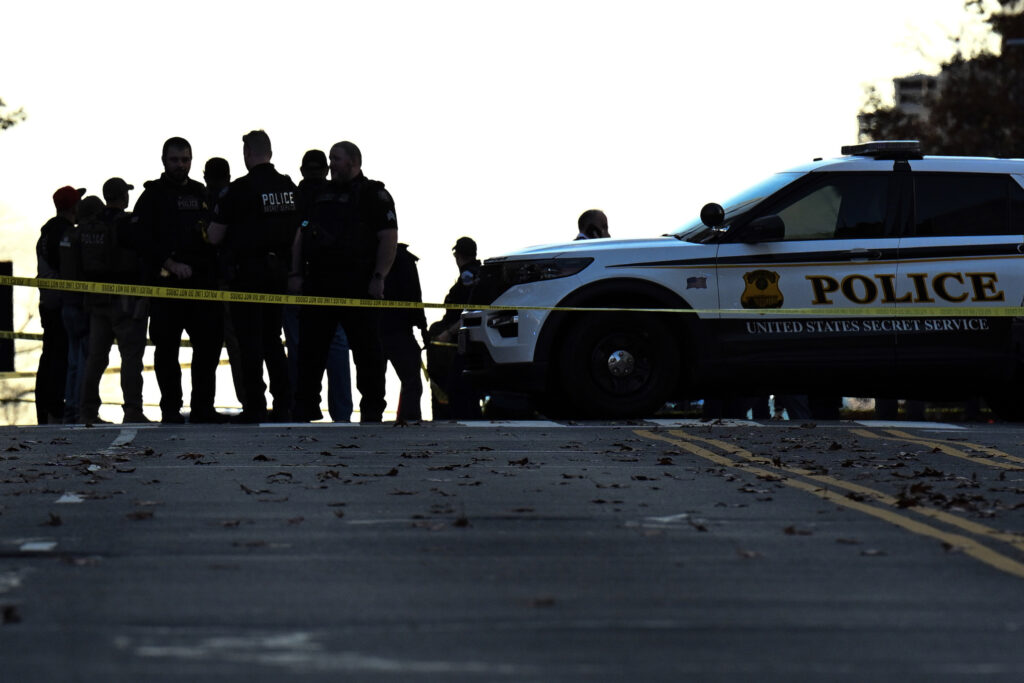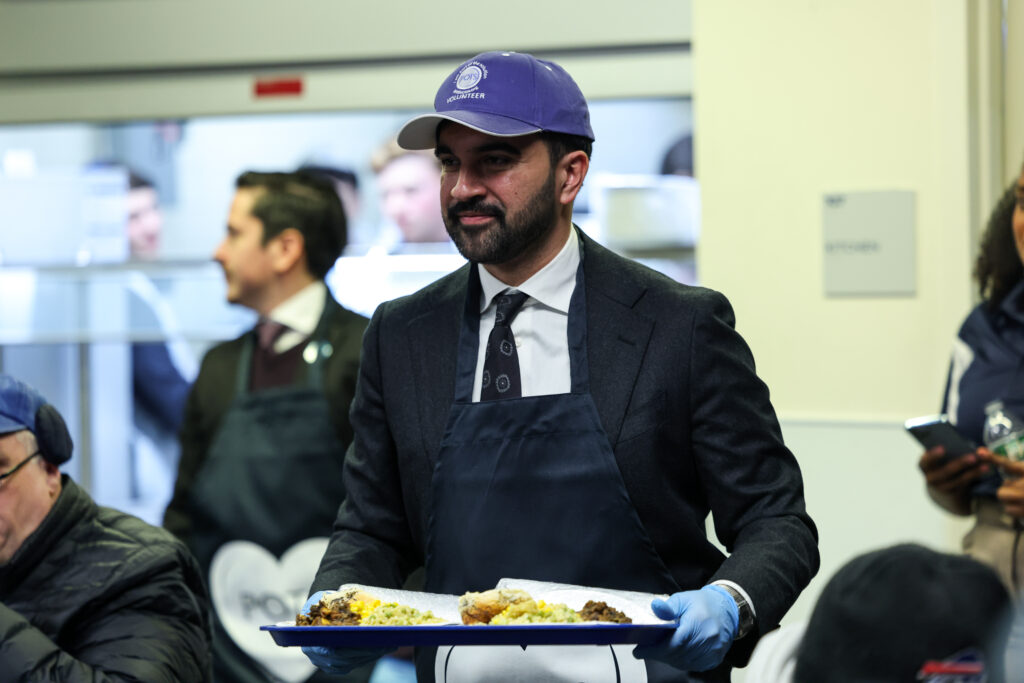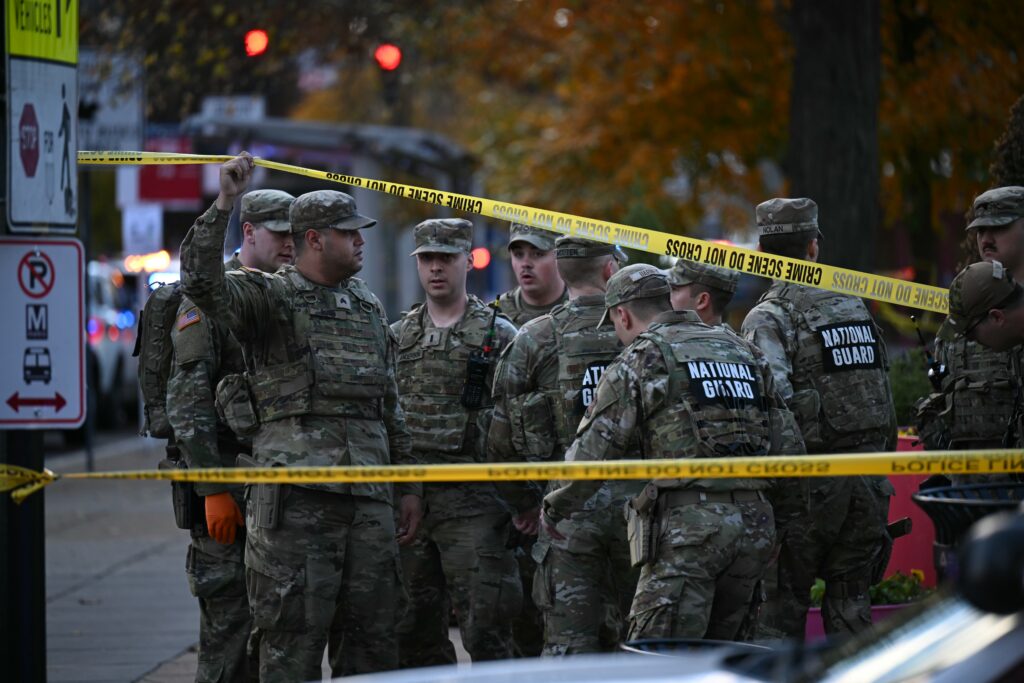Trump says to suspend ‘third world’ migration after troop killed
Donald Trump said Thursday he would suspend migration from what the US leader called “third world countries”, a day after an Afghan national allegedly shot two National Guard soldiers in Washington, killing one. His social media post, which also threatened to reverse “millions” of admissions granted under his predecessor Joe Biden, marked a new escalation in the anti-migration stance of a second term that has been dominated by Trump’s mass deportation campaign.Trump had earlier announced that Sarah Beckstrom, a 20-year-old West Virginia National Guard member deployed in Washington as part of his crackdown on crime, had died from her wounds.The FBI has launched an international terror investigation as new details emerged about the alleged gunman, a 29-year-old Afghan national who worked with a CIA counterterrorism unit in Afghanistan, according to multiple US media reports.The shooting on Wednesday, which officials described as an “ambush-style” attack, has brought together three politically explosive issues: Trump’s controversial use of the military at home, immigration, and the legacy of the US war in Afghanistan.”I will permanently pause migration from all Third World Countries to allow the U.S. system to fully recover,” Trump wrote on social media.He also threatened to reverse “millions” of admissions granted under Biden, and to “remove anyone who is not a net asset to the United States.”In a Thanksgiving video call with US troops the Republican leader said: “I want to express the anguish and the horror of our entire nation at the terrorist attack yesterday in our nation’s capital.”Trump linked the shooting and his decision to send hundreds of National Guard troops to the city. “If they weren’t effective, you probably wouldn’t have had this done,” he said, adding: “Maybe this man was upset because he couldn’t practice crime.”Joseph Edlow, Trump’s director of US Citizenship and Immigration Services (USCIS), said Thursday that he had ordered a “full scale, rigorous reexamination of every Green Card for every alien from every country of concern.”His agency later pointed to a list of 19 countries — including Afghanistan, Cuba, Haiti, Iran and Myanmar — facing US travel restrictions under a previous order from Trump in June.The Trump administration had earlier ordered an immediate halt to the processing of immigration applications from Afghanistan.- Gunned down in ‘brazen’ attack -The other soldier wounded in Wednesday’s attack, 24-year-old Andrew Wolfe, was “fighting for his life” Thursday, Trump said. The suspected shooter was also in a serious condition. The US attorney for Washington DC, Jeanine Pirro, said the suspected assailant — identified as Rahmanullah Lakanwal — had been living in the western state of Washington and had driven across the country to the nation’s capital.In what she called a “brazen and targeted” attack, Pirro said the gunman opened fire with a .357 Smith and Wesson revolver on a group of guardsmen on patrol just a few blocks from the White House.The suspect was charged with three counts of assault with intent to kill — charges that Pirro said would immediately be upgraded to first-degree murder if any of the guardsmen died.Officials said they still had no clear understanding of the motive behind the shooting.- Afghan legacy -CIA director John Ratcliffe said the suspect had been part of a CIA-backed “partner force” fighting the Taliban in Afghanistan, and had been brought to the United States as part of a program to evacuate Afghans who had worked with the agency.The heads of the FBI, CIA and Homeland Security and other senior Trump appointees all insisted that Lakanwal had been granted unvetted access to the United States because of lax asylum policies in the wake of the chaotic final US withdrawal from Afghanistan under former president Biden.But AfghanEvac, a group that helped resettle Afghans in the United States after the military withdrawal, said they undergo “some of the most extensive security vetting” of any migrants.The group noted Lakanwal had been granted asylum in April 2025, under the Trump administration, and would be eligible to request permanent residency a year later.”This individual’s isolated and violent act should not be used as an excuse to define or diminish an entire community,” said its president, Shawn VanDiver.In the wake of Wednesday’s shooting, Pentagon chief Pete Hegseth announced 500 more troops would deploy to Washington, bringing the total to 2,500. Trump has deployed troops to several cities, all run by Democrats, including Washington, Los Angeles and Memphis. The move has prompted multiple lawsuits and allegations of authoritarian overreach by the White House.




